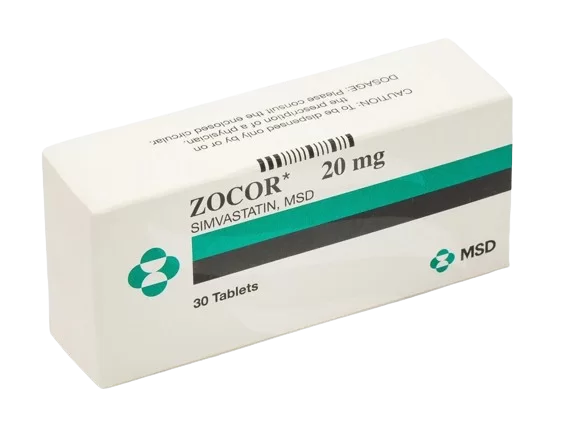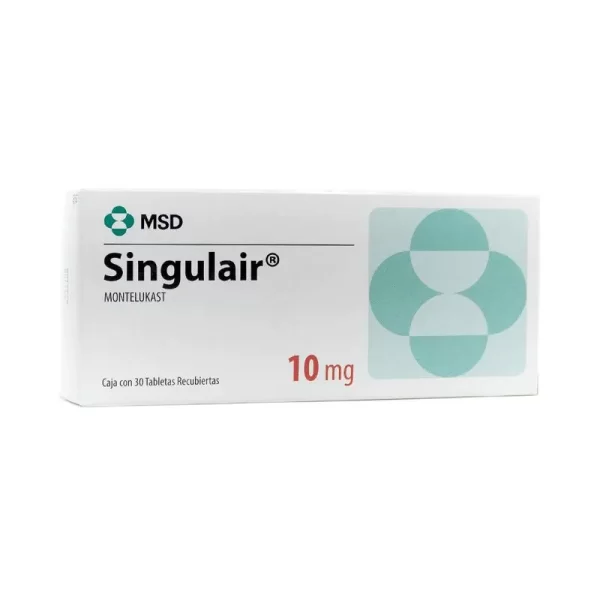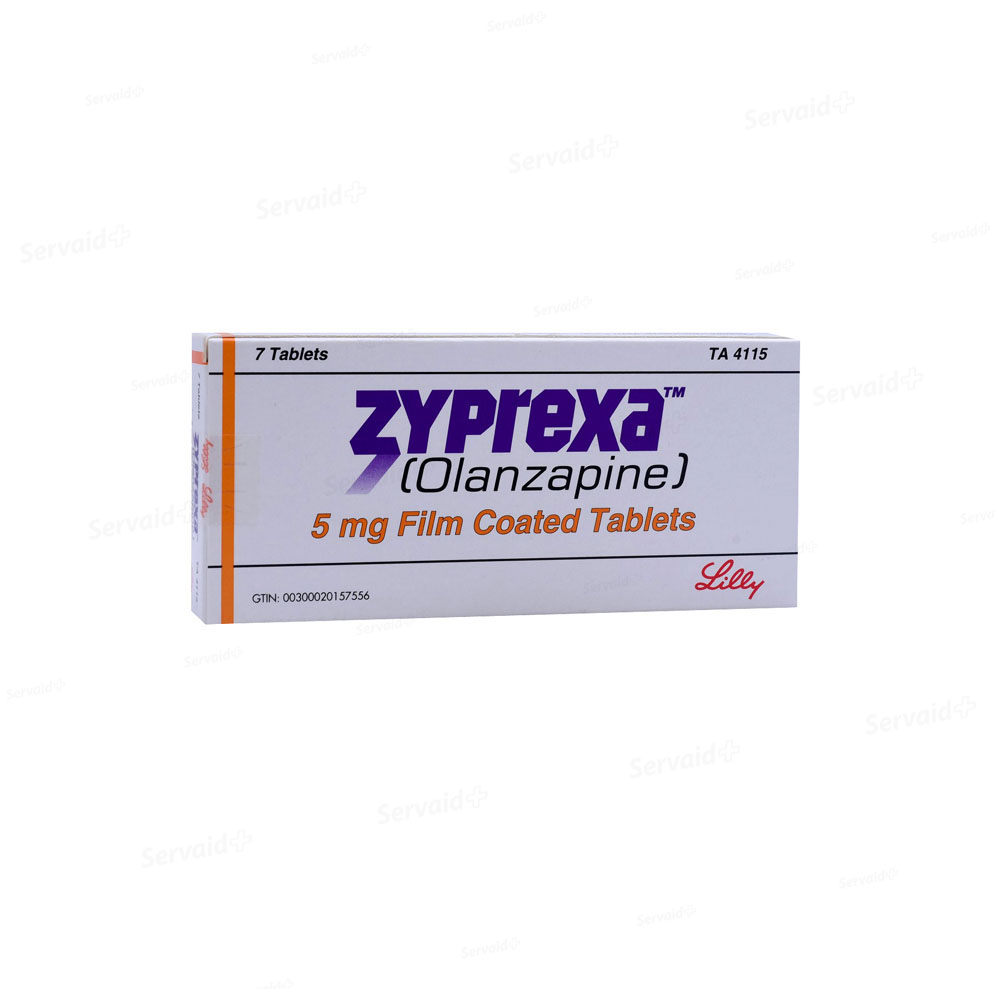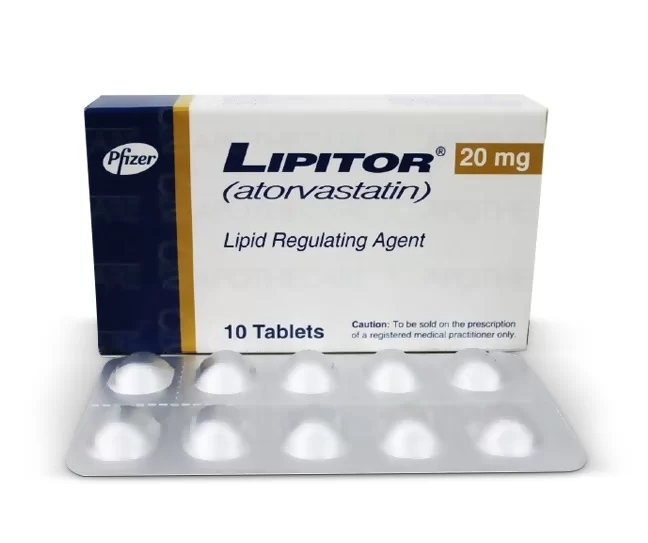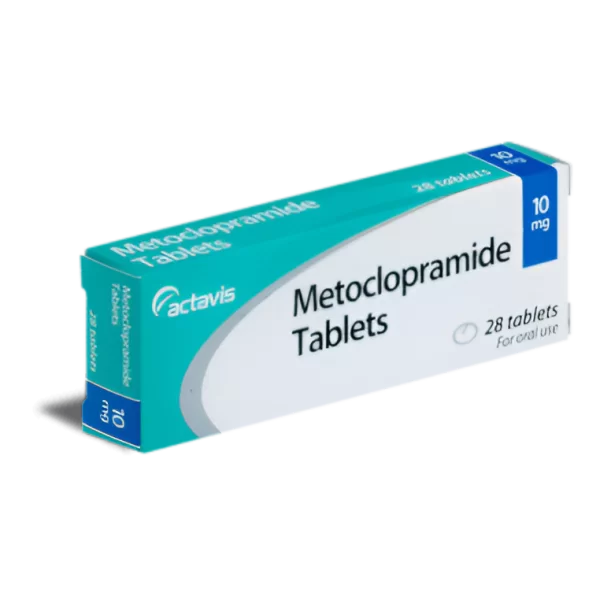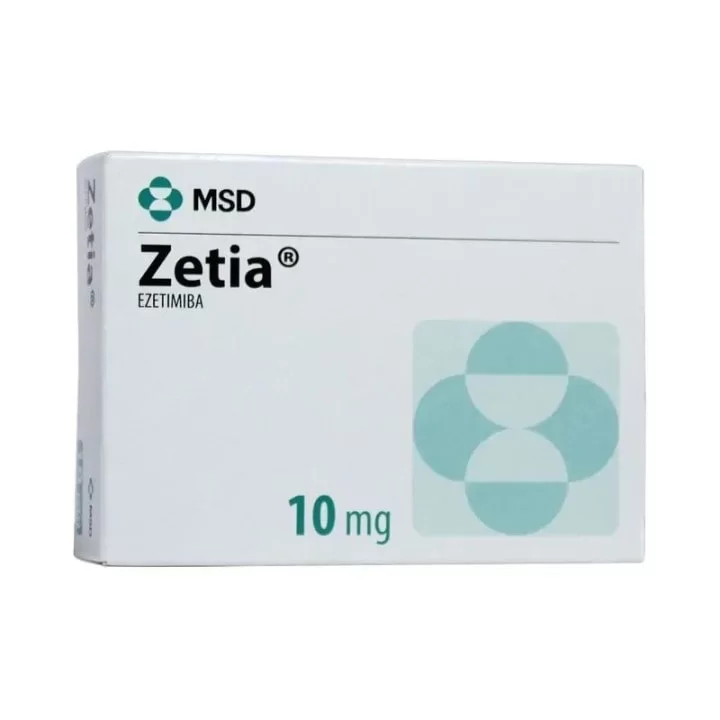
Zetia
Zetia - 10mg
| Product | Per Pill | Savings | Per Pack | Order |
|---|---|---|---|---|
| 30 pills | $1.70 | $51.09 | Buy Now | |
| 60 pills | $1.38 | $19.51 | $102.18 $82.67 | Buy Now |
| 90 pills | $1.27 | $39.01 | $153.26 $114.25 | Buy Now |
| 120 pills | $1.22 | $58.52 | $204.35 $145.83 | Buy Now |
| 180 pills | $1.16 | $97.53 | $306.52 $208.99 | Buy Now |
| 270 pills | $1.12 | $156.04 | $459.77 $303.73 | Buy Now |
| 360 pills | $1.11 | $214.56 | $613.03 $398.47 | Buy Now |
Overview of Zetia
General Introduction
Zetia, also known by its generic name ezetimibe, is a medication primarily used to lower cholesterol levels in the blood. It works by reducing the amount of cholesterol absorbed by the intestines, thereby decreasing the overall cholesterol levels in the bloodstream. Zetia is often prescribed in combination with other cholesterol-lowering medications such as statins but can also be used alone. It is available in tablet form and is typically taken once daily, with or without food, providing a convenient option for patients managing their cholesterol levels.
History of Development and Approval
Zetia was developed by the pharmaceutical companies Schering-Plough (now part of Merck & Co.) and received approval from the U.S. Food and Drug Administration (FDA) in 2002. It was designed to complement statin therapy by targeting cholesterol absorption rather than production, offering an additional mechanism to lower cholesterol levels. Since its approval, Zetia has been widely used and has demonstrated efficacy and safety in numerous clinical studies, making it a valuable addition to cholesterol management strategies.
Key Benefits
Zetia offers several key benefits for patients with elevated cholesterol levels:
- Cholesterol Reduction: Effectively lowers total cholesterol and low-density lipoprotein (LDL) cholesterol levels.
- Complementary Therapy: Enhances the cholesterol-lowering effects of statins when used in combination.
- Flexible Use: Can be used as monotherapy for patients who are statin-intolerant.
- Convenient Dosing: Once-daily dosing enhances patient compliance and convenience.
Unique Properties
Zetia is unique due to its mechanism of action, which involves inhibiting the Niemann-Pick C1-Like 1 (NPC1L1) protein in the intestinal wall. This inhibition reduces the absorption of dietary and biliary cholesterol, leading to lower cholesterol levels in the blood. Unlike statins, which reduce cholesterol production in the liver, Zetia offers a complementary approach by decreasing cholesterol absorption, making it a versatile option for comprehensive cholesterol management.
Comparison with Similar Medications
Compared to other cholesterol-lowering medications, Zetia offers distinct advantages:
- Dual Mechanism: When combined with statins, it provides a dual mechanism of action, targeting both cholesterol production and absorption.
- Statin Alternative: Suitable for patients who cannot tolerate statins due to side effects such as muscle pain.
- Efficacy: Demonstrated effectiveness in lowering LDL cholesterol levels when used alone or in combination with other lipid-lowering therapies.
Safety and Tolerability
Zetia is generally well-tolerated when used as directed. Common side effects include abdominal pain, diarrhea, and joint pain. Serious side effects are rare but may include allergic reactions and liver enzyme abnormalities. Regular monitoring by a healthcare provider is recommended, especially when Zetia is used in combination with statins, to ensure patient safety and optimal therapeutic outcomes.
Indications for Use
Diseases and Conditions Treated
Zetia is prescribed for:
- Hypercholesterolemia: To lower total cholesterol, LDL cholesterol, and apolipoprotein B levels in patients with primary (heterozygous familial and non-familial) hypercholesterolemia.
- Mixed Hyperlipidemia: In combination with fenofibrate to reduce elevated cholesterol levels.
- Homozygous Familial Hypercholesterolemia (HoFH): As an adjunct to diet and other lipid-lowering treatments to reduce cholesterol levels.
Symptoms Indicating Use
Patients with elevated cholesterol levels, particularly those with a high risk of cardiovascular disease, may benefit from Zetia. It is particularly effective for individuals who require additional cholesterol lowering beyond what is achieved with statins alone or who cannot tolerate statins.
Dosage and Administration
Recommended Dosage for Adults
The recommended dose of Zetia for adults is 10 mg once daily. It can be taken with or without food. When used in combination with a statin or fenofibrate, the dosing remains the same, but adherence to prescribed regimens is crucial for optimal results.
Dosage for Children
For pediatric patients aged 10 to 17 years with heterozygous familial hypercholesterolemia, the recommended dose is 10 mg once daily. The safety and effectiveness in children younger than 10 years of age have not been established.
Dosage for Elderly Patients
No dosage adjustment is necessary for elderly patients. However, caution should be exercised, and regular monitoring is recommended to ensure patient safety and efficacy, particularly in those with liver impairment.
Optimal Timing of Administration
Zetia can be taken at any time of the day, with or without food. Consistent daily administration is recommended to maintain steady blood levels of the medication and achieve optimal cholesterol-lowering effects.
Frequency of Administration
Zetia is typically administered once daily. Adhering to the prescribed frequency ensures the medication's effectiveness and minimizes the risk of missed doses.
Impact of Food on Efficacy
Food does not significantly impact the efficacy of Zetia. Patients can take it with or without food according to their preference, making it a flexible option for cholesterol management.
Pharmacological Action
Mechanism of Action
Ezetimibe, the active ingredient in Zetia, works by inhibiting the Niemann-Pick C1-Like 1 (NPC1L1) protein in the small intestine. This inhibition reduces the absorption of cholesterol from the diet and bile, leading to decreased cholesterol levels in the blood. By targeting cholesterol absorption, Zetia complements statins, which reduce cholesterol synthesis in the liver.
Molecular and Cellular Targets
Ezetimibe targets the NPC1L1 protein in the intestinal wall. By inhibiting this protein, it prevents cholesterol uptake into the enterocytes (intestinal cells), thereby reducing the amount of cholesterol delivered to the liver and subsequently lowering blood cholesterol levels.
Metabolic Pathways
Ezetimibe is metabolized primarily in the liver and intestines to its active glucuronide form. It undergoes enterohepatic recirculation, which prolongs its presence in the body and enhances its cholesterol-lowering effects. The majority of the drug is excreted in the feces, with a small amount eliminated via the urine.
Biochemical Changes
By reducing the absorption of dietary and biliary cholesterol, Zetia lowers the levels of total cholesterol, LDL cholesterol, and apolipoprotein B in the blood. These biochemical changes contribute to a reduced risk of cardiovascular events, such as heart attacks and strokes, in patients with high cholesterol levels.
Physiological Effects
The physiological effects of Zetia include lowered cholesterol levels, improved lipid profiles, and reduced risk of atherosclerotic cardiovascular disease. Patients may experience enhanced cardiovascular health, leading to a lower incidence of heart attacks, strokes, and other cholesterol-related complications.
Composition
Active Ingredient
The active ingredient in Zetia is ezetimibe. It is available in tablet form, with each tablet containing 10 mg of ezetimibe.
Inactive Ingredients
Inactive ingredients in Zetia tablets include microcrystalline cellulose, lactose monohydrate, magnesium stearate, and povidone. These ingredients help in the formulation and stability of the medication, ensuring that it is effective and safe for patient use.
Role of Each Component
Ezetimibe acts as the primary therapeutic agent, while inactive ingredients ensure proper formulation, stability, and absorption of the medication. The inactive ingredients also contribute to the tablet's integrity and ease of administration.
Side Effects
Common Side Effects
Common side effects of Zetia include:
- Abdominal Pain: Mild to moderate pain in the stomach area.
- Diarrhea: Loose or watery stools.
- Joint Pain: Mild discomfort or pain in the joints.
Rare Side Effects
Rare side effects may include:
- Allergic Reactions: Symptoms such as rash, itching, swelling, and difficulty breathing.
- Hepatitis: Inflammation of the liver, which may cause symptoms such as jaundice, dark urine, and fatigue.
- Pancreatitis: Inflammation of the pancreas, causing severe abdominal pain.
Serious Side Effects
Serious side effects requiring immediate medical attention include:
- Severe Allergic Reactions: Including anaphylaxis and angioedema.
- Liver Enzyme Abnormalities: Elevated liver enzymes, indicating potential liver damage.
- Muscle Problems: Such as myopathy and rhabdomyolysis, especially when used with statins.
Frequency and Severity
Most side effects are mild and transient, occurring primarily during the initial phase of treatment. Serious side effects are rare but warrant close monitoring by a healthcare provider. Regular follow-up appointments can help manage and mitigate these risks.
Prevention of Side Effects
General Precautions
To minimize side effects, patients should follow the prescribed dosage and avoid taking more than the recommended dose. It is important to inform the healthcare provider of any existing medical conditions and medications being taken, particularly those that may interact with Zetia.
Recommendations for Better Tolerability
Using Zetia as directed and maintaining regular follow-up appointments with a healthcare provider can improve tolerability. Patients should be educated on the importance of adhering to the prescribed treatment regimen and monitoring their response to the medication. Staying hydrated and maintaining a balanced diet can also help reduce gastrointestinal side effects.
Contraindications
Conditions and Diseases
Zetia is contraindicated in patients with:
- Known Hypersensitivity: To ezetimibe or any of its components.
- Active Liver Disease: Including unexplained persistent elevations in hepatic transaminase levels.
Explanation of Contraindications
Ezetimibe may exacerbate certain conditions, such as active liver disease, due to its metabolism in the liver. Hypersensitivity reactions can cause severe allergic responses, making it crucial to assess a patient's medical history before prescribing Zetia.
Warnings and Precautions
Potential Risks
Patients should be monitored for signs of liver dysfunction, particularly when Zetia is used in combination with statins. Regular blood tests may be required to monitor liver enzymes and ensure patient safety.
Safety Measures
Regular monitoring by a healthcare provider, starting with a low dose, and adjusting as needed can help mitigate risks. Patients should be instructed to report any symptoms of liver dysfunction, severe abdominal pain, or muscle problems immediately.
Missed Dose
Immediate Actions
If a dose is missed, take it as soon as remembered unless it is almost time for the next dose. Do not double the dose to catch up. Continue with the regular dosing schedule to maintain consistent blood levels of the medication.
Preventive Strategies
Using reminders and keeping a consistent schedule can help prevent missed doses. Patients can set alarms, use medication reminder apps, or keep a medication diary to track their doses, ensuring adherence to the treatment regimen.
Drug Interactions
Interacting Medications
Zetia may interact with various medications, including:
- Statins: Which can increase the risk of muscle problems such as myopathy and rhabdomyolysis.
- Cyclosporine: Which can increase blood levels of ezetimibe, requiring dose adjustments.
- Warfarin: Which can increase the risk of bleeding when taken with ezetimibe.
Effects of Interactions
These interactions can affect the metabolism and efficacy of Zetia or the concomitant medications. For instance, combining Zetia with statins may increase the risk of muscle problems. Monitoring for side effects and adjusting dosages may be necessary to manage these interactions.
Avoiding Interactions
Inform the healthcare provider of all medications being taken to avoid potential interactions. Patients should not start, stop, or change the dosage of any medicines without their healthcare provider’s approval. Regular reviews of medication regimens can help identify and manage potential interactions.
Overdose
Symptoms of Overdose
Symptoms of overdose may include severe dizziness, fainting, and irregular heartbeat. Seek emergency medical help if an overdose is suspected.
Immediate Actions
Seek emergency medical help if an overdose is suspected. Supportive measures and symptomatic treatment are recommended. Intravenous fluids may be given to maintain blood pressure and hydration.
Pharmacokinetics
Absorption
Ezetimibe is rapidly absorbed from the gastrointestinal tract, with peak plasma concentrations reached within 1 to 2 hours after oral administration. The bioavailability of ezetimibe is approximately 35-65%.
Distribution
Ezetimibe is widely distributed throughout the body and is extensively bound to plasma proteins, primarily albumin.
Metabolism
Ezetimibe is metabolized primarily in the liver and intestines to its active glucuronide form. It undergoes enterohepatic recirculation, which prolongs its presence in the body and enhances its cholesterol-lowering effects.
Elimination
The half-life of ezetimibe is approximately 22 hours, allowing for once-daily dosing. It is excreted primarily through the feces, with a small amount eliminated via the urine.
Dosage Forms
Available Forms and Dosages
Zetia is available in tablet form, typically in a strength of 10 mg. This single dosage strength simplifies dosing regimens and ensures consistent cholesterol-lowering effects.
Benefits of Different Forms
The availability of a single strength tablet simplifies the dosing regimen and ensures consistent patient adherence. The 10 mg tablet is designed to provide optimal cholesterol-lowering effects with a convenient once-daily dosing schedule.
Pregnancy and Breastfeeding
Safety During Pregnancy
Zetia should be used during pregnancy only if the potential benefit justifies the potential risk to the fetus. There is limited data on the use of Zetia in pregnant women, and animal studies have shown adverse effects on the fetus. Pregnant women should discuss the potential risks and benefits with their healthcare provider before starting treatment.
Safety During Breastfeeding
It is not known whether ezetimibe is excreted in human milk. Due to the potential for adverse reactions in nursing infants, a decision should be made whether to discontinue breastfeeding or discontinue the drug, considering the importance of the drug to the mother. Breastfeeding mothers should consult their healthcare provider to weigh the potential risks and benefits.
Storage Conditions
General Recommendations
Store Zetia at room temperature between 20°C to 25°C (68°F to 77°F). Keep the medication in its original container, tightly closed, and out of reach of children and pets.
Specific Storage Instructions
Zetia tablets should be stored in a cool, dry place away from direct sunlight and moisture. Store according to the manufacturer's instructions to protect the medication from light and moisture.
Expiry and Stability
Check the expiration date on the package and do not use Zetia past the expiration date. Proper storage ensures the medication remains effective and safe to use. Dispose of expired or unused medication according to local regulations to prevent accidental exposure or misuse.
Clinical Trials and Efficacy
Overview of Clinical Studies
Zetia has undergone extensive clinical trials to evaluate its safety and efficacy in lowering cholesterol levels. These studies included randomized, double-blind, placebo-controlled trials involving thousands of patients worldwide.
Results and Findings
Clinical trials have shown that Zetia significantly lowers LDL cholesterol levels and improves overall lipid profiles. Patients treated with Zetia demonstrated better cholesterol management compared to those receiving a placebo.
Comparative Studies
Studies comparing Zetia with other cholesterol-lowering medications have shown that Zetia provides effective cholesterol reduction with a favorable safety profile. Its unique mechanism of action makes it a valuable addition to combination therapy with statins.
Conclusion
Summary of Key Points
Zetia is an effective cholesterol-lowering medication. Its ability to inhibit cholesterol absorption provides significant therapeutic benefits for patients with elevated cholesterol levels. The medication is generally well-tolerated, with a well-documented safety profile.
Recommendations
For optimal results, patients should follow their healthcare provider's instructions regarding dosage and administration. Regular monitoring and follow-up appointments are essential to ensure the medication's effectiveness and manage any side effects. Patients should maintain a healthy lifestyle, including proper diet and exercise, to support overall health while on Zetia therapy.
Final Thoughts
Zetia significantly improves the quality of life for patients with elevated cholesterol levels by effectively managing symptoms and enhancing well-being. With its proven efficacy and safety, Zetia remains a trusted choice for healthcare providers and patients in the management of cholesterol-related conditions.
